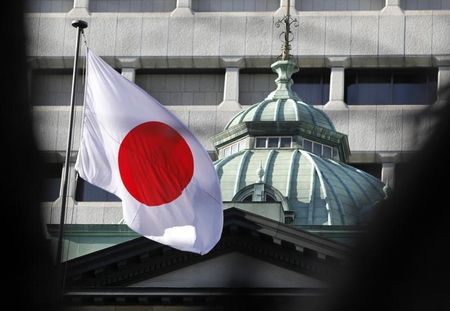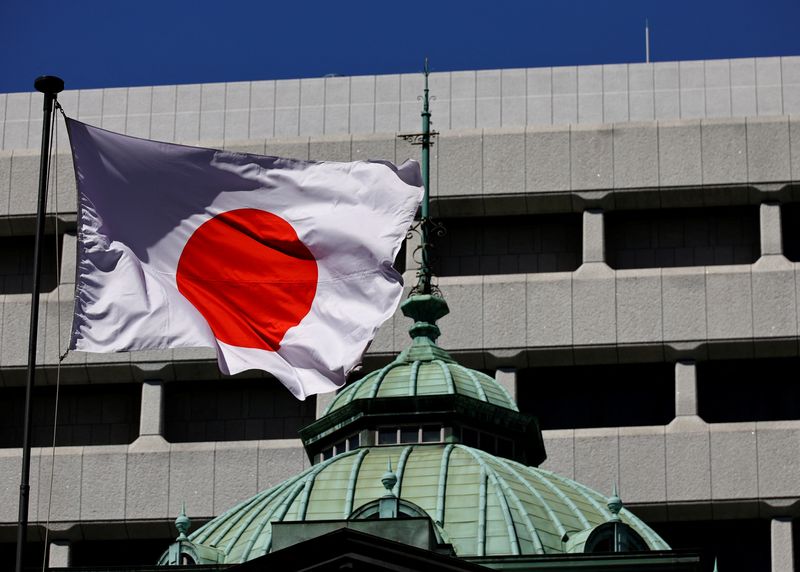Mortgage rates fall, refinancing activity hits highest level since 2022
PositiveFinancial Markets

Mortgage rates have recently fallen, leading to a surge in refinancing activity, which has reached its highest level since 2022. This is significant for homeowners looking to lower their monthly payments or tap into their home equity, as it presents a timely opportunity to save money. The increase in refinancing can also stimulate the housing market and contribute positively to the overall economy.
— Curated by the World Pulse Now AI Editorial System














